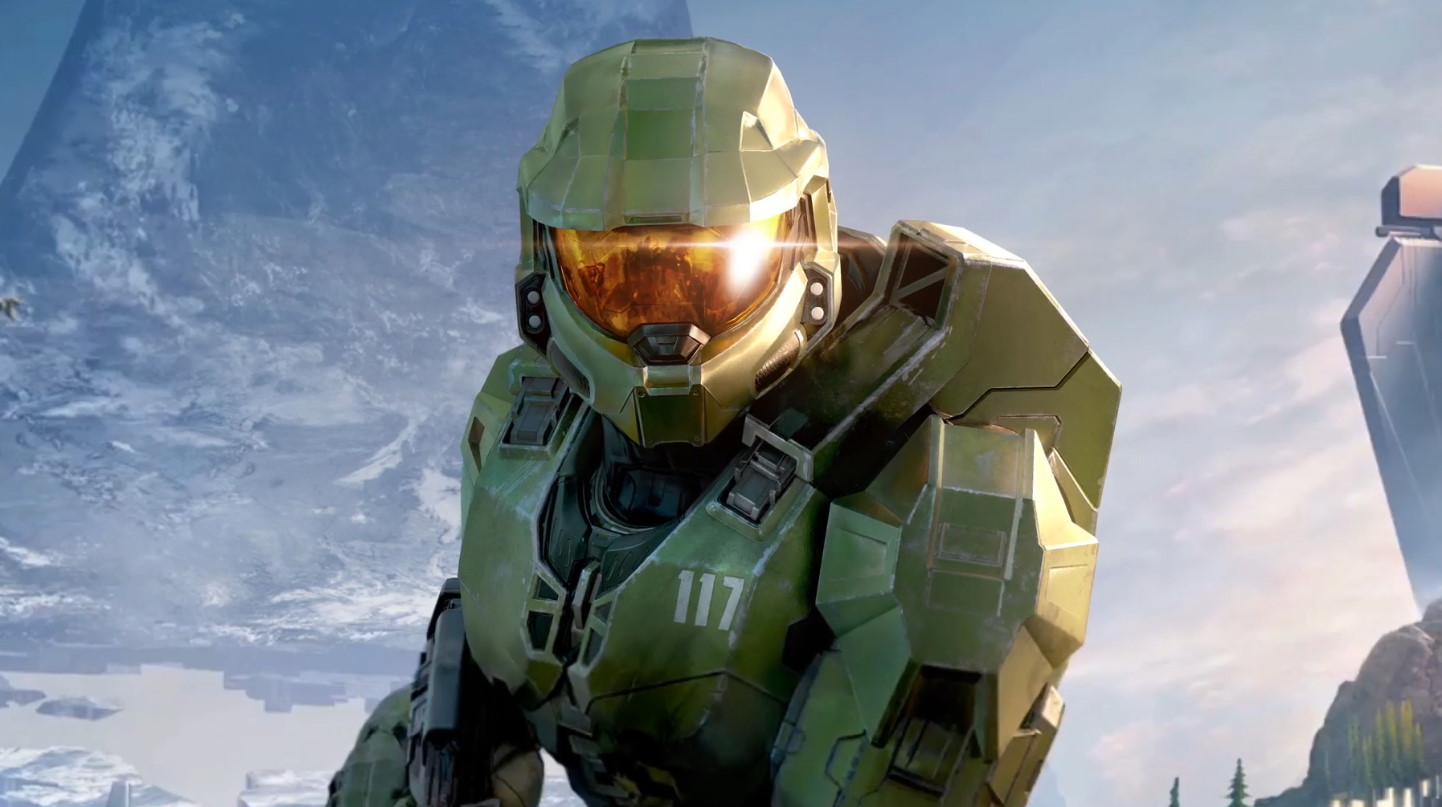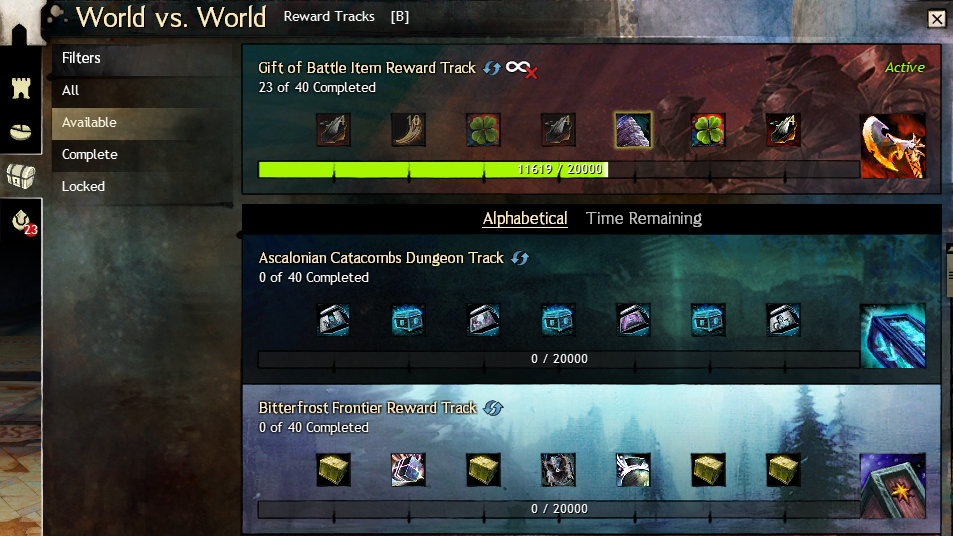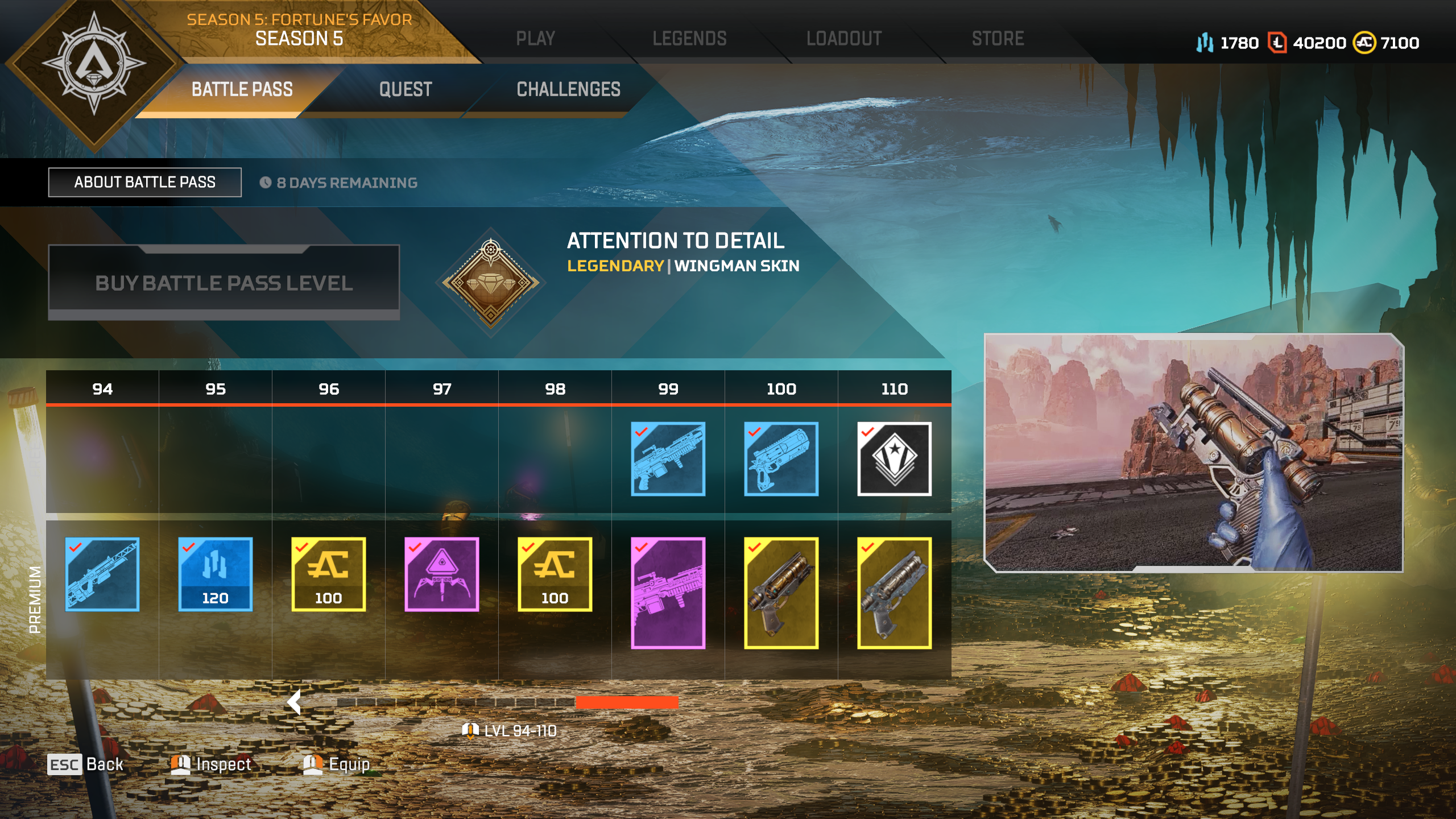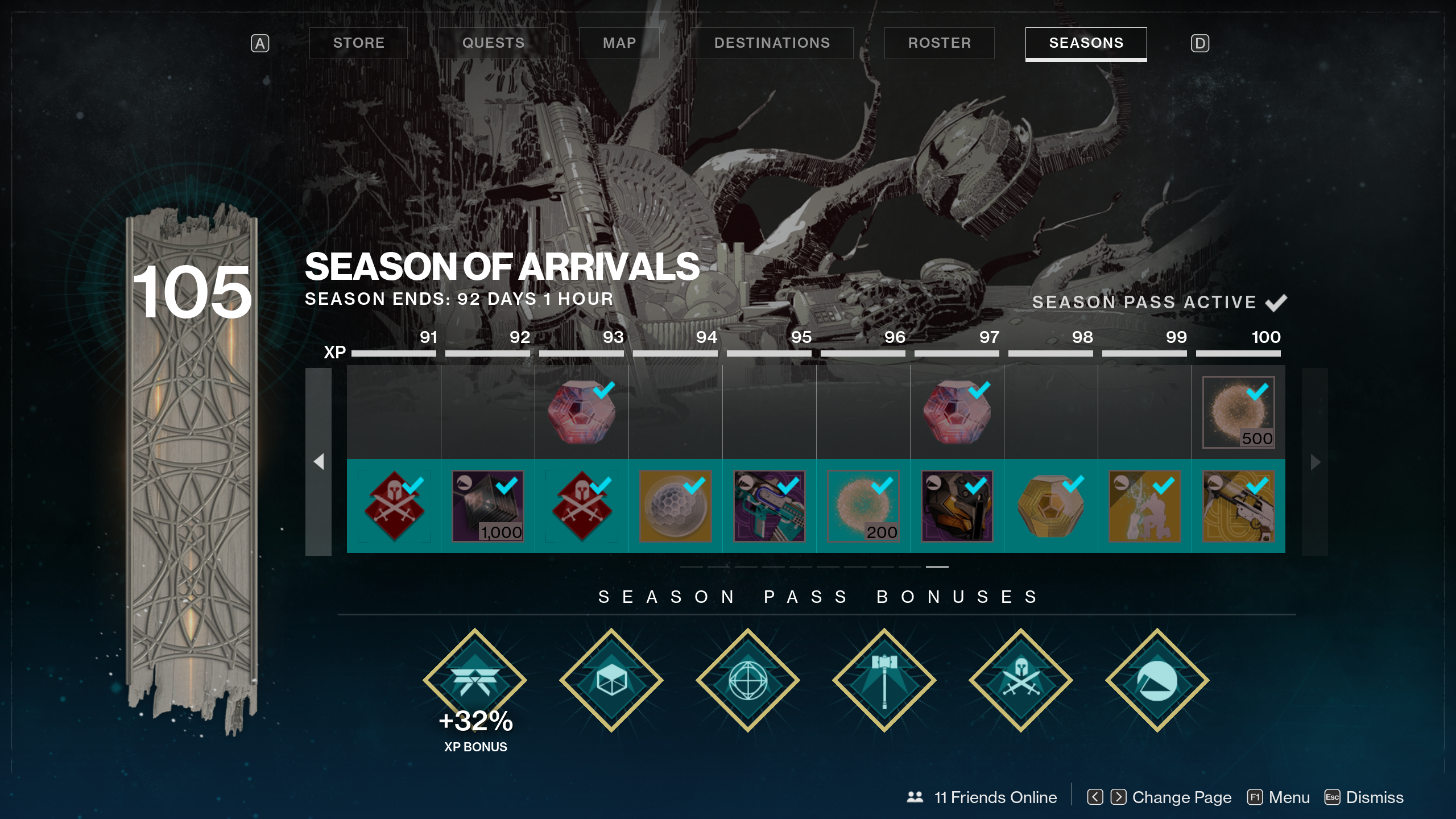If Halo Infinite gets a battle pass, it's a bad sign for the future of multiplayer
What does it say if Microsoft's next major release is content to follow the pack?

Last month, Microsoft confirmed reports that Halo Infinite's multiplayer will be free-to-play. What the publisher didn't confirm, but is still likely to be the case, was the claim by Xbox leaker Klobrille that it would feature a battle pass system. My reaction to this news was a deep fatigue. I am instantly less interested in Halo Infinite as a result, because a battle pass means that it wants me to commit to it as my full-time game. And bad news, Halo—I've already got a bunch of those.
Battle passes are becoming increasingly tiresome, but they can be good. The feedback from levelling something up feels nice. Getting cosmetic rewards is a fun treat. More specifically, I think it's a positive that Fortnite, which is incredibly popular with children, has adopted a monetisation strategy that doesn't require loot boxes—a system that's drawn heavy criticism and debate for its similarities to gambling.
In comparison, battle passes seem benign. It's a one-time payment that's upfront about its rewards, and that still gives some value to those who choose not to pay. It's a way to support a free-to-play game you enjoy without the risk of spending more than you wanted on a random chance at some rare trinket. But the gaming industry rarely suffers individual success. And so when something proves lucrative, it develops into a trend. Most of the multiplayer games I'm playing right now offer some form of battle pass, from Apex Legends to Destiny 2 to Teamfight Tactics. Over the course of a year they amount to something that resembles a subscription: often around $40/£30 annually, depending on their schedule.
Some of them work well—it's hard not to feel like you're getting good value from Apex Legends' battle pass, when completing it rewards you with enough coins to purchase the next. That said, it's notable that—outside of Fortnite—battle passes are rarely an alternative to loot boxes, but an addition. Apex Legends still has loot boxes, and still has an extremely rare, desirable reward that is only guaranteed to drop once every 500 packs you buy or earn.
Modern Warfare has a battle pass, while also being a game that costs £50. While this is better than Black Ops 4—a game that costs £50 and also has loot boxes—it's still galling to see Activision adopt the monetisation systems of games that don't already come with a hefty upfront cost.
Modern Warfare has a battle pass, while also being a game that costs £50.
It also, frankly, shows a lack of imagination. Battle passes are so foundational to the current language of multiplayer gaming that they even appear in games that don't use them as a form of monetisation. Battlefield 5 used a similar system for its chapters, even though each was free. Even though it didn't want you to pay, it did expect you to play—and felt like it was punishing you for daring to spend time with a different game.
Even if there's nothing wrong with an individual battle pass, it's a different matter when it's a wider ecosystem. When the mechanisms of free-to-play design started to form on PC, it was usually around one simple mantra: time is money. You didn't have to pay, but the alternative meant more time spent playing. Even loot boxes work this way: most can be earned through play, but at a far slower rate—and often perfectly tuned to feel unsatisfying once you've opened one, in a way designed to make you want more, and faster.
Keep up to date with the most important stories and the best deals, as picked by the PC Gamer team.
Battle passes are interesting in that they don't follow this formula. By buying one, you're essentially committing more time—choosing to commit to the grind for fear of wasting your money. It's a more modern system, a manifestation of FOMO that offers up a platter of desirable trinkets alongside the hook that, if you don't act now, they'll be gone for good.
More than once I've been tempted by the Teamfight Tactics battle pass. If I buy it, I think, I could switch to a different arena! I'd get a handful of legend eggs! I could unleash a massive beam of starlight to finish off that player who thought his fancy collection of Dark Stars could hold water next to my Blademaster build! Only, I wouldn't use the Spaceship Arena, because I prefer the aesthetic of the default grassy plain. And my basic 'boom' cosmetic kills other players exactly as well as a fancy one. What exactly am I getting for my £10 beyond the reassurance that I won't 'miss out'?
While I'm certainly complicit in supporting certain battle passes, it still annoys me the way these psychological tricks creep into multiplayer design. And it's clear that FOMO is a feature, not a bug, because it would be very easy to design around. Guild Wars 2's PvP reward tracks function similarly to battle passes, with one crucial difference: they aren't time limited. The vast majority are just there, and you can complete and even repeat them as little or as often as you like. It's a better system, letting you tailor your rewards based on your current goal. I can only assume its easygoing nature is precisely why it hasn't been more widely adopted.

The industry seems convinced that battle passes are the most effective and 'sticky' form of player progression, but, beyond the rewards I unlock, I have no strong feelings about how much I've levelled one up. Apex Legends lets you pin badges to your character profile to show off your stats and achievements to players you meet in-game. I don't use the battle pass one, because it's not something worth bragging about. I'm far more proud of what I've done in the game than how much time I've spent in it.
It stings more when something that once represented a different era of gaming returns with the trappings of the current day.
Even if I wasn't suffering from battle pass overdose, the inclusion of one in Halo Infinite is a sign of how far the tide has turned. My strongest memories of Halo are using the LAN in our university's dorms to host multi-room multiplayer sessions. In its purest form, Halo multiplayer feels like it belongs to a different era, before everything became about persistence and progress and the pressure to unlock and achieve everything in a given period of time. If it becomes like every other multiplayer game, what does that say about the idea that winning a match is its own reward?
It stings more when something that once represented a different era of gaming returns with the trappings of the current day. It's why, I think, Quake Champions drew so many negative Steam reviews when its battle pass was introduced in late-2018. Sure, it was just doing what all the other games do, but the people most interested in a new Quake probably aren't looking for something that conforms to modern trends. Halo, too, is one of Microsoft's biggest names—once used to showcase what a new console generation could do, and what FPS design could achieve. What does it say if the Xbox Series X's flagship release is content to follow the pack? If Halo Infinite is getting a battle pass—and, let's be honest, it probably is—it'll just become yet another forever game demanding your undivided time and attention. The old guard is dead. All that remains is the grind.

Phil has been writing for PC Gamer for nearly a decade, starting out as a freelance writer covering everything from free games to MMOs. He eventually joined full-time as a news writer, before moving to the magazine to review immersive sims, RPGs and Hitman games. Now he leads PC Gamer's UK team, but still sometimes finds the time to write about his ongoing obsessions with Destiny 2, GTA Online and Apex Legends. When he's not levelling up battle passes, he's checking out the latest tactics game or dipping back into Guild Wars 2. He's largely responsible for the whole Tub Geralt thing, but still isn't sorry.



